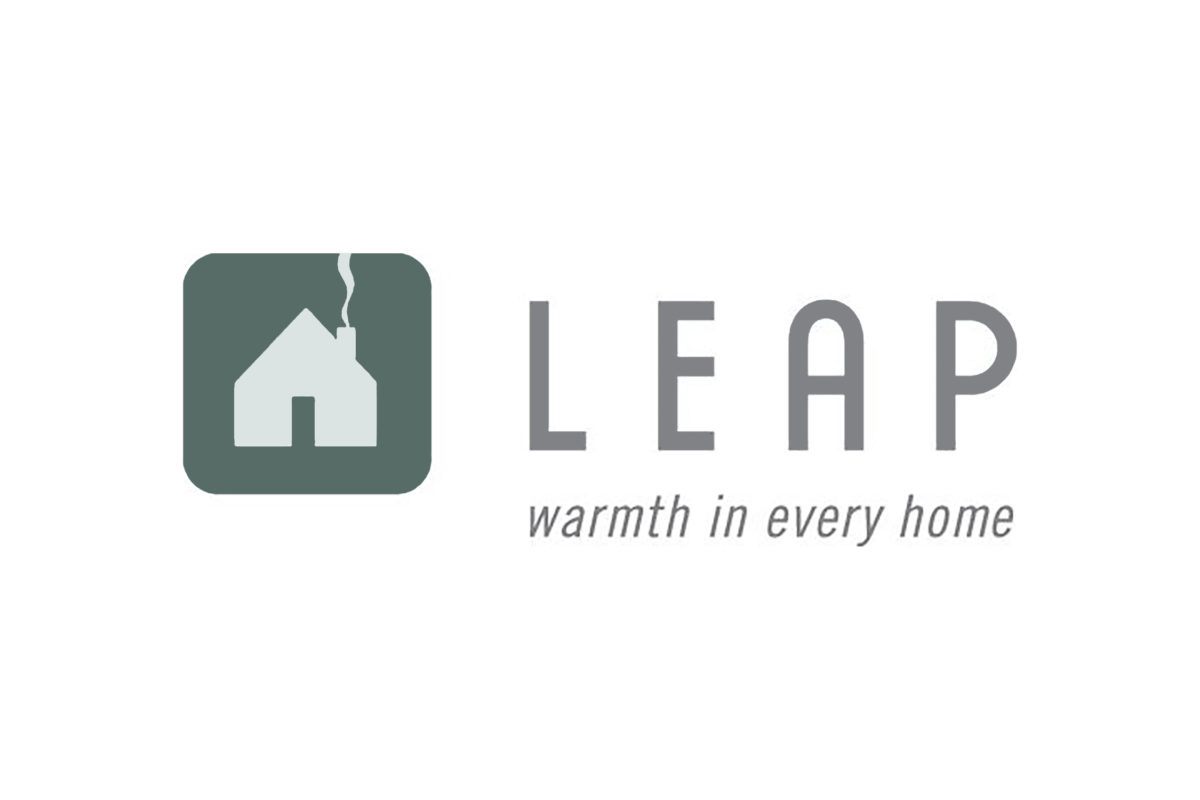Leap Analytics Inc. (Leap), a fintech real estate investment firm, today announced it has launched educational training sessions for commercial Realtors® on how to utilize Home Equity Agreements (HEAs) to activate capital locked in commercial real estate investments.
Leap now provides online, on-demand and in-person training for commercial agents — with individuals and through larger firms — on how small business owners and homeowners can leverage the equity in their existing properties for growth. Specifically, Leap will educate and train commercial agents on its Leap Revive product, which is an HEA designed to support the capital needs of small businesses over a period of 10 months to three years.
“HEAs are still relatively new to the finance industry, but they are gaining in popularity, in part due to rising interest rates and inflation pricing homeowners and investors out of the loan market,” said Ashley Bete, Leap’s Founder and CEO. “These agreements are a compelling alternative to traditional loans because they are not debt instruments and carry no interest rate or monthly repayment. Instead, they are investment vehicles that allow someone to tap into the equity of their home, investment property or commercial building in exchange for an upfront cash payment that can be used to achieve a financial goal, such as purchasing a warehouse or another investment property.”
Nancy Cooper of 4-Sure Realty Group in California, said, “Working with LEAP has opened the door for several of my clients to consider a broader range of opportunities to expand their holdings by leveraging their captive equity while also expanding my own business. This new vehicle provides incredible access to growth for my clients and the communities in which they work.”
Leap’s HEA solutions can help real estate owners and investors access capital without the risk of high-interest rates or monthly debt. Using existing capital to grow a business during a time of high interest rates can provide better cash-flow management than traditional loans.



